Meat, poultry, and seafood

When you’re charbroiling meat, poultry, or seafood, the high temperature makes the proteins in the meat change and become dangerous for your health. To avoid any health risks, you should cook your meat at a lower temperature.
This way, the low temperature will reduce carcinogen build-up in your food. You should also consider marinating the meat and flipping it frequently. This can help minimize cancer-promoting compounds.
Honey
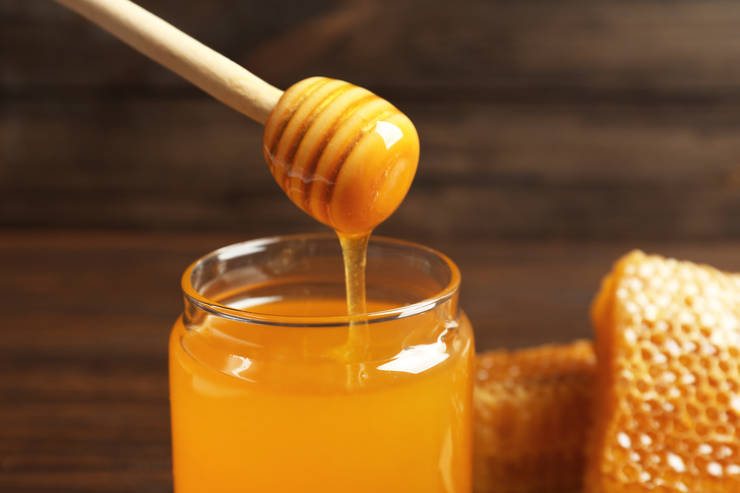
You may not know it, but honey contains a lot of toxins. After being collected, honey goes through a pasteurization process to eliminate these toxins. However, eating unpasteurized honey can be very dangerous for your health.
Just a single teaspoon of unpasteurized honey or honey that wasn’t properly pasteurized can cause headaches, dizziness, and vomiting.
Elderberries
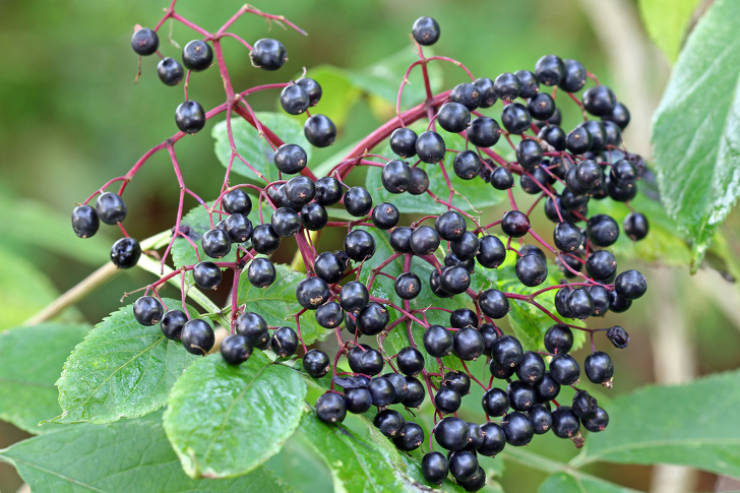
Elderberry is a flowering plant that has numerous health benefits and is pretty commonly used in jams, wines, and teas. However, what you didn’t know about the elderberry plant is that its seeds and leaves are known to be poisonous and contain deadly concentrations of glycoside, a compound which produces cyanide.
If they’re not strained properly or if they’re unripe when making jam or wine, elderberries can cause nausea, induce a coma, and even cause death. Luckily, toxic substances found in elderberries can be effectively removed by cooking them. Symptoms of eating uncooked elderberries include nausea, vomiting, and diarrhea.
Potatoes
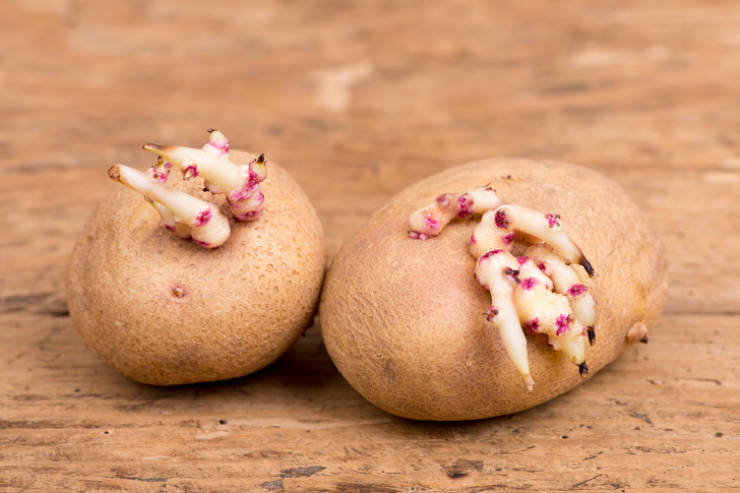
If potatoes are left in poor conditions, like damp or bright spaces, or if they sit out for too long, they might begin to sprout. If the potatoes do sprout, it’s highly recommended that you throw these potatoes away, even if you cut off the sprouts.
These potatoes may contain a poison, and just one baked potato can lead to gastrointestinal problems like vomiting, abdominal pain, and diarrhea.
Cashews
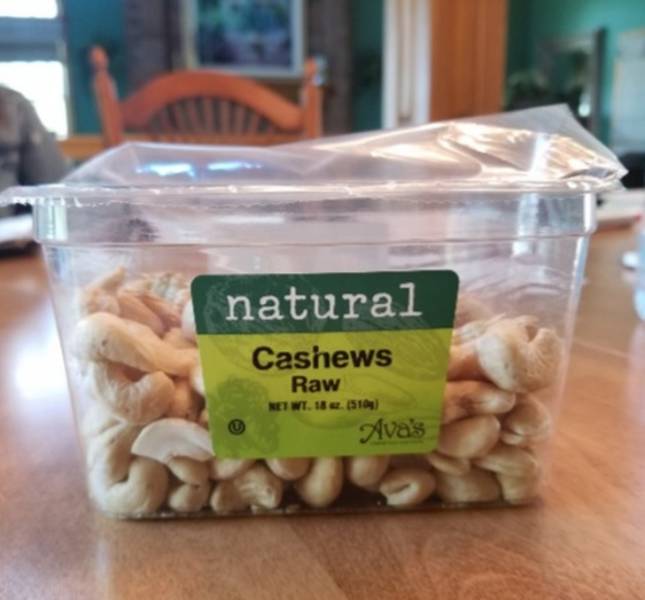
Consuming raw cashews can have a deadly impact on our health, especially to those of us who are allergic to poison ivy. We know that raw cashews can be found at the store, but the truth is, they aren’t actually raw. They’re steamed in order to remove a chemical called urushiol which can also be found in poison ivy.
If you by any chance happen to see raw cashews out in nature, don’t even think about eating them. Even if you aren’t sensitive to poison ivy, eating as little as a handful of raw cashews can seriously damage your health.
Almonds
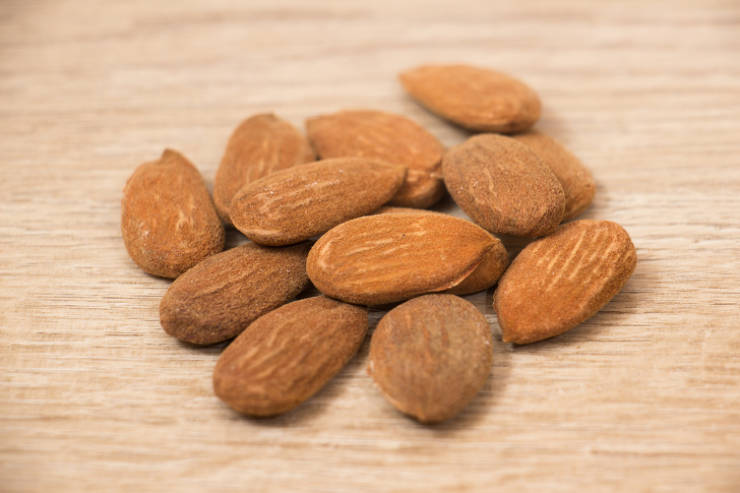
There are 2 different kinds of almonds: sweet and bitter. The bitter almonds are said to contain relatively large amounts of hydrogen cyanide and eating just 5 to 10 raw, bitter almonds can cause problems for adults and could have fatal consequences in children.
However, processed bitter almonds can still be safe to eat as long as all the hydrogen cyanide is extracted during the refining process. But if you’re out in the woods and spot an almond tree, don’t run the risk of eating its nuts.
Bread
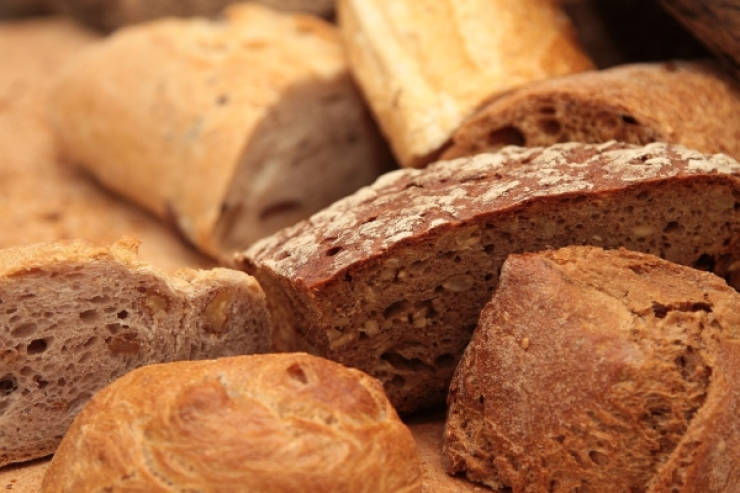
Even though bread is a regularly consumed food, some types of bread can do you more harm than good. Packaged, white bread contains highly-processed flour and additives that can make it unhealthy. Eating white bread frequently can cause obesity, heart disease, and diabetes.
Even whole-grain bread can have various preservatives, added sugars, and salt that are bad for your health. We recommend that you consume bread made with sprouted grains as it is easier to digest and contains more protein, fiber, folate, vitamin C, and other healthy nutrients.
Brazil nuts
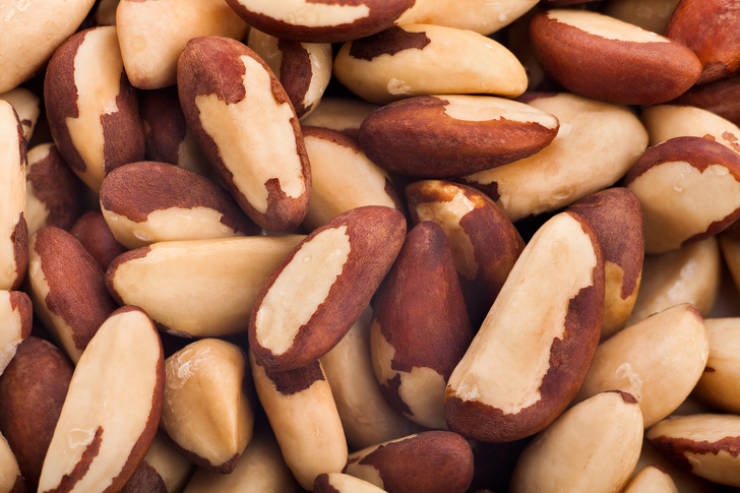
Brazil nuts are known as a rich source of selenium. Selenium is vital for our health but consuming too much of it can be toxic. For adults, it’s recommended to ingest 50-70 micrograms of selenium on a daily basis, and one Brazil nut can contain 60 to 95 micrograms of selenium.
Eating 4 or 5 Brazil nuts will definitely pass the selenium threshold in adults and may lead to intoxication. The symptoms of a selenium overdose include memory difficulties, digestion problems, fatigue, and potential hair loss.
Milk
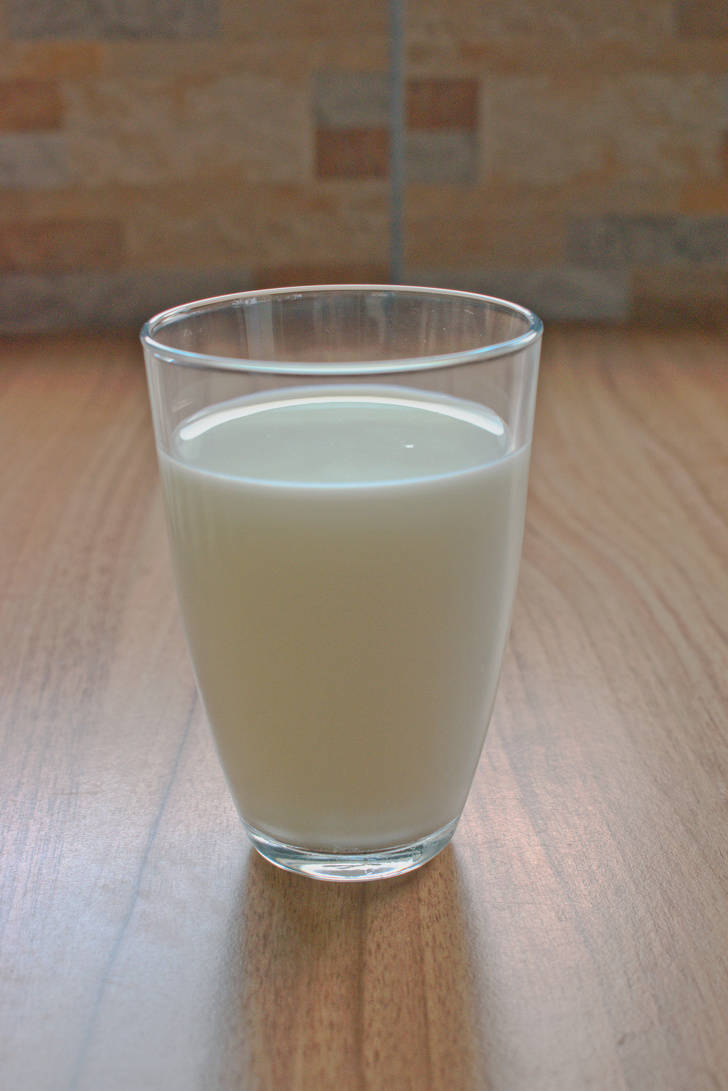
In its natural form, milk is a mix of water, proteins, sugars, minerals, and vitamins. Even though milk offers vast health benefits, there are still some risks that we need to be aware of. Drinking milk in regular quantities is healthy, but ingesting too much of it can increase one’s risk of developing atherosclerosis and cardiovascular disease.
Furthermore, consuming too much calcium from milk can cause ovarian cancer in women and prostate cancer in men. Maintaining a balanced intake of milk is crucial for a healthy diet.
Shellfish
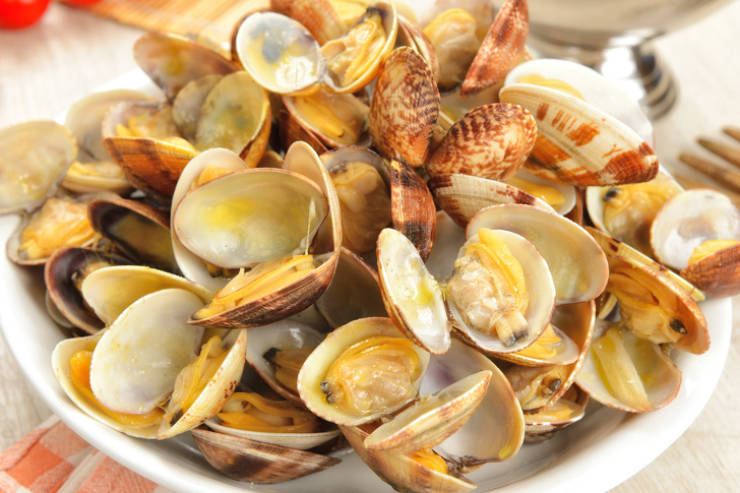
Shellfish are a great addition to a healthy diet as they’re rich in protein, omega-3 fatty acids, good fats, and numerous minerals such as magnesium, zinc, iron, and copper. All these super-healthy nutrients provide major benefits for your body. However, shellfish can be one of the most difficult foods to cook properly and if left undercooked or raw, they can contain contaminants that are hazardous for your health.
Shellfish are also extremely sensitive and can spoil very easily. Eating shellfish that are even slightly spoiled can lead to bacterial infections and food poisoning. So, it’s very important to pay extra attention when eating shellfish, and only eat it if you’re 100% certain that it’s fresh and well-cooked.
 Barnorama All Fun In The Barn
Barnorama All Fun In The Barn